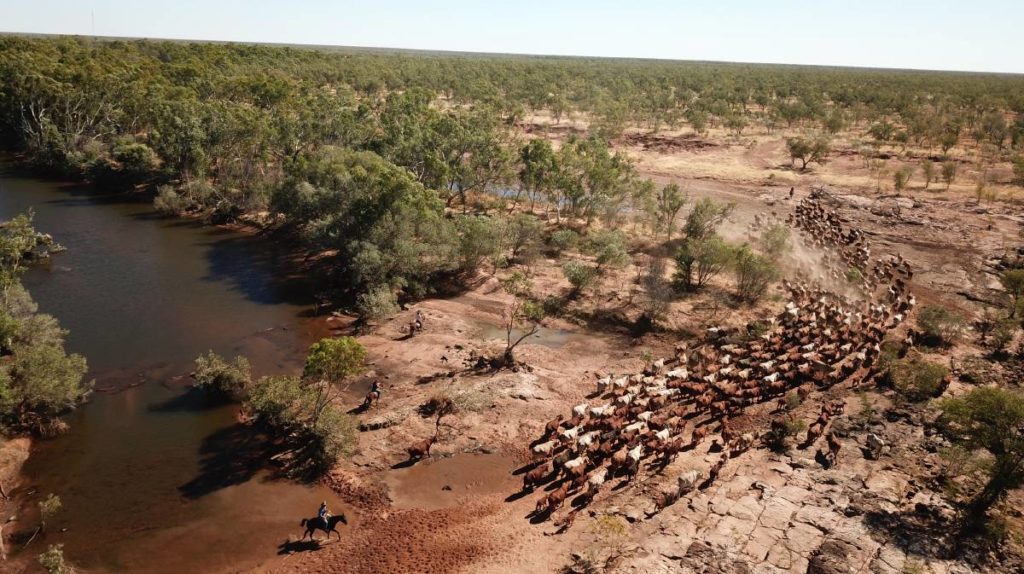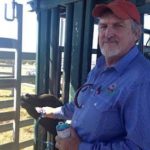Pain relief such as Tri-Solfen® is delivering an animal welfare revolution
January 14, 2021

Medical Ethics Tri-Solfen® pain relief
BECAUSE of COVID-19, we have mostly been confined within these magnificent shores during the past year.
However, our livestock products and applications of our scientific animal welfare research have continued to keep feeding and helping the world with food and fibre security.
For 15 years, the Australian livestock farming sector has been undergoing an on-farm ‘animal welfare revolution’.
This has particularly occurred with provision of pain relief for mulesing, castration, tail-docking and dehorning, due to availability of pain relief products registered for use by producers.
Many farmers are now familiar with the benefits of using the wound anaesthesia and healing formulation (Tri-Solfen) and if considered necessary, meloxicam (Buccalgesic) preparations, to minimise the pain of these mostly necessary interventions.
However, as many of the customers of our wool, lamb, beef and dairy products are international and don’t have full understanding of our largely extensive farming practices, they are generally unaware of this progress.
This is despite efforts to share these research findings and more recently, the conduct and publication of several successful international trials with these products.
The voluntary adoption of the use of these products (especially Tri-Solfen) by the Australian sheep farming community has been impressive.
The beef industry appears to also now be rapidly catching up with this ‘best practice’ pain and wound care for castration and dehorning.
As with all changes in practice, there are the early and middle adopters, with the slow adopters including some who persist with resistance to change.
The resistor group even includes some of the advisors to industry, who generally cite a range of reasons for not supporting these products, including the impost of additional costs on farmers, suspected dubious efficacy from misunderstanding of product mechanisms, and questions of safety that have been shown to be unsubstantiated.
There are now 15 years of extensive study of applied pain relief for livestock, with over 20 peer reviewed studies, and astonishing adoption of change that is on the increase by farmers.
There is now very clear evidence that on-farm pain relief for livestock husbandry is efficacious, safe and the costs are acceptable.
Importantly, a study with Tri-Solfen for mulesing found that wound pain relief was still present for a minimum of 24 hours after the intervention.
This was surprising to many as by this stage, circulating levels of the local anaesthetic ‘actives’ have generally depleted beyond detectable levels.
However, as these actives have already effectively blocked the ‘nociceptors’, the sensory nerve endings for pain perception, prolonged pain relief occurs due to a blockade of the pain cascade.
Further, Tri-Solfen contains an anticoagulant (adrenalin) to control bleeding in open surgical wounds, an antiseptic (cetramide) to control secondary bacterial infections, and a barrier gel that coats the wound with a thin viscous gel that hastens healing (similar to a Band-Aid).
The adoption of on-farm pain relief in Australia and New Zealand is evidence of our leadership in advancing practical animal welfare.
As our international customers and consumers have little knowledge of this progress, our livestock industry leaders are strongly encouraged to globally promote this advance in our farming practices.
These developments are backed by very strong peer-reviewed scientific research.
It is a good news story that needs to be told.
Australian agriculture, through the willingness of many of our farmers to be pro-active in changing their practices, is having a major impact on advancing global livestock welfare.

Peter Windsor is the Specialist Veterinary Surgeon and Professor Emeritus at The University of Sydney, Camden, NSW.


